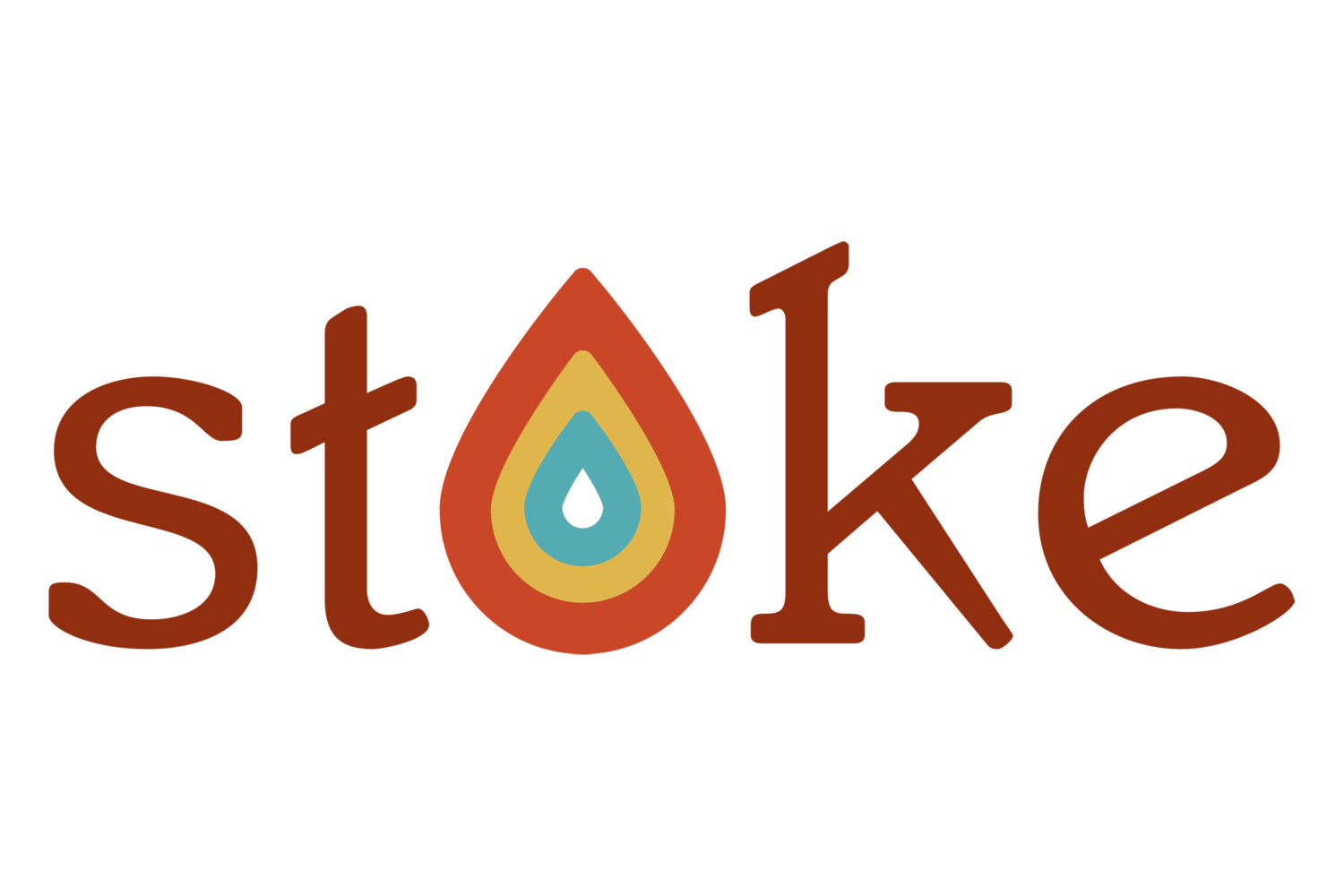Virtual team building can be difficult, even with the most robust of activities and questions to get to know one another. Remote workers at Stoke have expressed this through in-person conversations as well as in member surveys, stating that they feel disconnected from their teams and coworkers, and sometimes, even alone. Connecting online, even with the most robust of activities and questions, is possible but lacks the impact of connecting over coffee or in a spontaneous conversation in each other’s presence. Coworking spaces can provide positive social health for remote workers, freelancers, and other people who work outside of the office or from home on a distributed team.
Coworking spaces offer not just flexibility that people crave in terms of where they work, but also with whom. Harvard Business Review conducted a study with 819 employees in varying office roles from different locations and industries and evaluated how coworking affected their wellbeing. For many of these remote workers, removing the pressure of working alongside colleagues in the business in addition to the pressure of being in the office and observed at every turn for “performance and professional growth” was beneficial to their health. “Coworking spaces offer the opportunity for employees to make the kinds of rich personal connections that can be difficult to achieve in office or home environments.” This concept is defined as relational job crafting and can improve employee satisfaction, performance, and retention.
Not only are remote workers meeting people on other distributed teams, they’re also meeting people working in different industries who can provide creative problem solving with perspectives outside of the businesses for which they work or lead. Community care is often written into the guidelines of coworking spaces but is practiced without much prompting. Leadership at coworking spaces help facilitate creative problem solving through workshops as well as more casual meetings, such as planned lunches or happy hours. Staff members also provide support through ensuring that the space is well cared for (the printer always has toner and paper, coffee is stocked in the kitchen, meeting or phone call rooms are tidy), things that remote workers won’t have to worry about and can rely on being consistent.
How does Stoke promote social health? Stoke plans and hosts member-only events that include a monthly member huddle, happy hour, and special events around holidays (or just spontaneous cheese parties or chili cookoffs). During member huddle, attendees introduce themselves with their names and a description of their work and staff prompt a wins-needs conversation for anyone to share something to celebrate or some way they need support (whether it’s personal or has to do with work). Happy hours usually follow the same structure but with beverages and with the goal of decompressing from the work week. Similarly, we share highs and lows during happy hour to cheer on or support our members. Some of Stoke’s formal programming that members have participated in include workshops and discussions on business topics, such as strategy, planning, marketing, and more. Developed from years of programs, events, and iterations of educational offerings, Stoke launched colearning, an online, self-paced, learning community, in spring 2023 for both current Stoke members and those interested.



